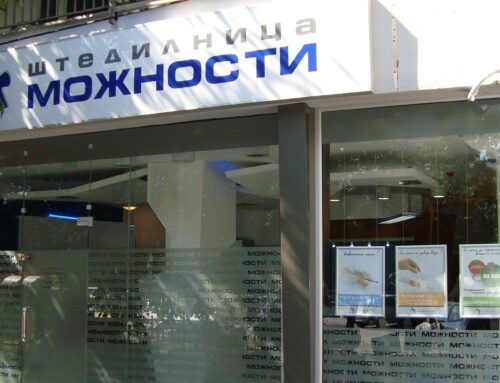
Patrick Gitton, the IMF’s representative in Macedonia since 2013, discusses the IMF’s perspective on the Macedonian economy. He also notes the Fund’s role in strengthening Macedonia’s macroeconomic fundamentals.
European Times: Can you describe the IMF’s involvement in Macedonia?
Patrick Gitton: The IMF has been present in Macedonia since 1995 and has had three major lending programmes here since 2003. The IMF advises the Macedonian government on macroeconomic issues and has provided extensive technical assistance to help build capacity for instance in compiling financial and fiscal statistics. The Fund also assists the government concerning fiscal policies and instruments, economic modelling and tax administration. A recent milestone for the IMF in Macedonia was the fourth and last Post-Programme Monitoring review held in November 2014. Macedonia has repaid all its debt to the IMF now, has sufficient short-term capacity to pay its debts, and has weathered economic crises thanks to sound macroeconomic policies and effective uses of economic stimulus when necessary.
European Times: What are the IMF’s main goals for Macedonia?
Patrick Gitton: Macedonia’s GDP growth is now 3% to 4% and the IMF would like to see this higher. This would allow the country to bring its standard of living closer to EU levels. To achieve this goal, Macedonia needs to shift from public-sector-led growth to private-sector growth and to strengthen the business environment for domestic firms. Bringing Macedonia into the EU as well as job creation are also high on the agenda, as is boosting exports by domestic and foreign companies operating here. The IMF encourages the Macedonian authorities to further strengthen the country’s business environment, in particular by enforcing payment discipline in both public and private companies to avoid liquidity problems.
European Times: How is the IMF helping Macedonia cope with its public-sector debt?
Patrick Gitton: The IMF advises the government to carefully control its spending, for example its agricultural subsidies and other current expenditure, and investment in large infrastructure projects, to make sure the investments are conducive to growth. Careful cost-benefit analyses are essential, as is a commitment to transparency. The IMF has a new, international-standard fiscal-transparency code covering budgets, macroeconomic projections, reliable data and other factors.
European Times: Why should foreign investors target Macedonia?
Patrick Gitton: Macedonia is achieving stronger economic growth than most other countries in the region, its macroeconomic fundamentals are stable, inflation is under control, and the Macedonian government encourages FDI. Several sectors offer excellent potential, and investors should come to Macedonia and see the opportunities for themselves.





